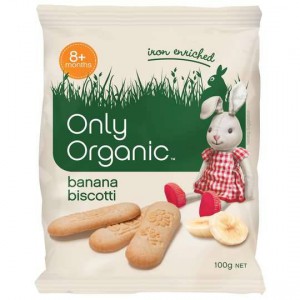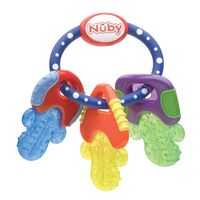“Just where did my kid come from?” … “Sometimes I just don’t get her” … “Where did he learn to say that?”
You would be amazed at how many parents of young children entertain such simple thoughts from time to time, especially when their child seems to be acting up or zoning out. You see, as parents we really have to walk a very thin tightrope – a balance of allowing our children to grow into who they really are, but at the same time “fit in” to:
- family expectations
- school requirements, and, as they get older
- friendship, relationship and career aspirations (yours, that is … not theirs).
It doesn’t have to be this way. Your child was born as a unique human being, one with a ready-made set of strengths, weaknesses and gifts … their “talent” … the value they will bring to others as they grow towards adulthood.
There are six key areas of influence over your child’s development:
- natural behaviours
- external influences
- mimicking language
- learned behaviours
- modelling others
- genetic heritage
When all are put together, we begin to get a glimpse of the ‘personality’ of the child, a taste of what they will become as they grow.
To be aware of this as a parent is gold, for both parent and child. And it is very important to understand these key drivers influencing your child’s growth and development to ensure an ongoing positive environment for your child to grow in.
Natural behaviours:
Everybody has unique talents, and everyone seeks to think and act in the most natural way to themselves. When allowed to be our natural selves we experience:
- harmony in our relationships
- a sense of flow in all our activities
- complete satisfaction in all we do.
When we are forced to assume behaviours not natural to us we quickly begin to feel:
- frustration
- out of sorts
- as if we were acting like someone else.
For adults, we can encounter this behavioural rollercoaster daily, and we have become used to controlling these shifts in our activities, tasks and interactions. But when a child is “made” to do and say things in a way not natural for them, they start to feel as if they are not up to standard, as if they are not making their parents proud, or their teachers happy.
How can you identify your child’s natural behaviour in their early years?
Try watching for such tell-tale signs as how:
- they talk about their day at daycare or at school
- fussy they are when dressing
- they eat their food
- focused they are when playing with (for example) Lego blocks
- comfortable and willing they are to be around people they are not so familiar with
- patient they are
- how they attend to tasks given to them.
The list is endless, but you get the picture. These behaviours quickly identify your child’s natural way of thinking and acting. Knowing this puts you in a better position to guide your child along their own natural path of engagement, communication and action.
Learned behaviours:
When children begin to adopt learned behaviours (behaviours that belong to someone else, but have become “normal” for them), they are in danger of adopting living and learning styles that will follow them into adulthood. They will grow up believing, and accepting, such behaviours are what they have chosen to do or become.
To become a fully integrative, functioning person we need to be able to:
- distinguish our natural talents, abilities and personalities from what were imposed on us
- appreciate the influences others have had over time (for some this never goes away)
- decide what to accept and keep, what to discard, what to seek instead.
You know how hard this can be for a fully functioning adult. So why do we allow our children to go through this, even though we have the best of intentions?
A successful person will utilise a combination of natural and learned behaviours as they mature into adulthood.
As parents, we need to remain aware of this and provide our children with the opportunity of being who they choose to be, given that sometimes we recognise the need to intervene for their own good.
In part one, we have addressed the first two of the six key areas of influence over your child’s development – natural and learned behaviour. In part two, we will continue this discussion on the remaining key areas every parent should be mindful of.
Do your children have a strong individual personality? Share with us below!
Image source Shutterstock.
We may get commissions for purchases made using links in this post. Learn more.




















-

-
-
-
meedee said
- 15 Dec 2021
Reply
-

-
-
-
mom101628 said
- 21 Dec 2017
Reply
-

-
-
-
ella12 said
- 16 Nov 2016
Reply
-

-
-
-
mom70876 said
- 04 Nov 2016
Reply
-

-
-
-
rovermum said
- 03 Nov 2016
Reply
-

-
-
-
june11 said
- 01 Oct 2016
-

-
-
-
mom93821 said
- 26 Sep 2016
-

-
-
-
mom134803 said
- 25 Sep 2016

Post a comment9:00 am
11:01 pm
3:54 pm
9:28 pm
9:19 am
8:12 pm
-

-
-
-
Jeff Withers replied
- 02 Oct 2016 , 10:44 pm
Reply6:58 am
-

-
-
-
Jeff Withers replied
- 26 Sep 2016 , 10:39 am
Reply12:30 pm
-

-
-
-
Jeff Withers replied
- 26 Sep 2016 , 10:33 am
Reply